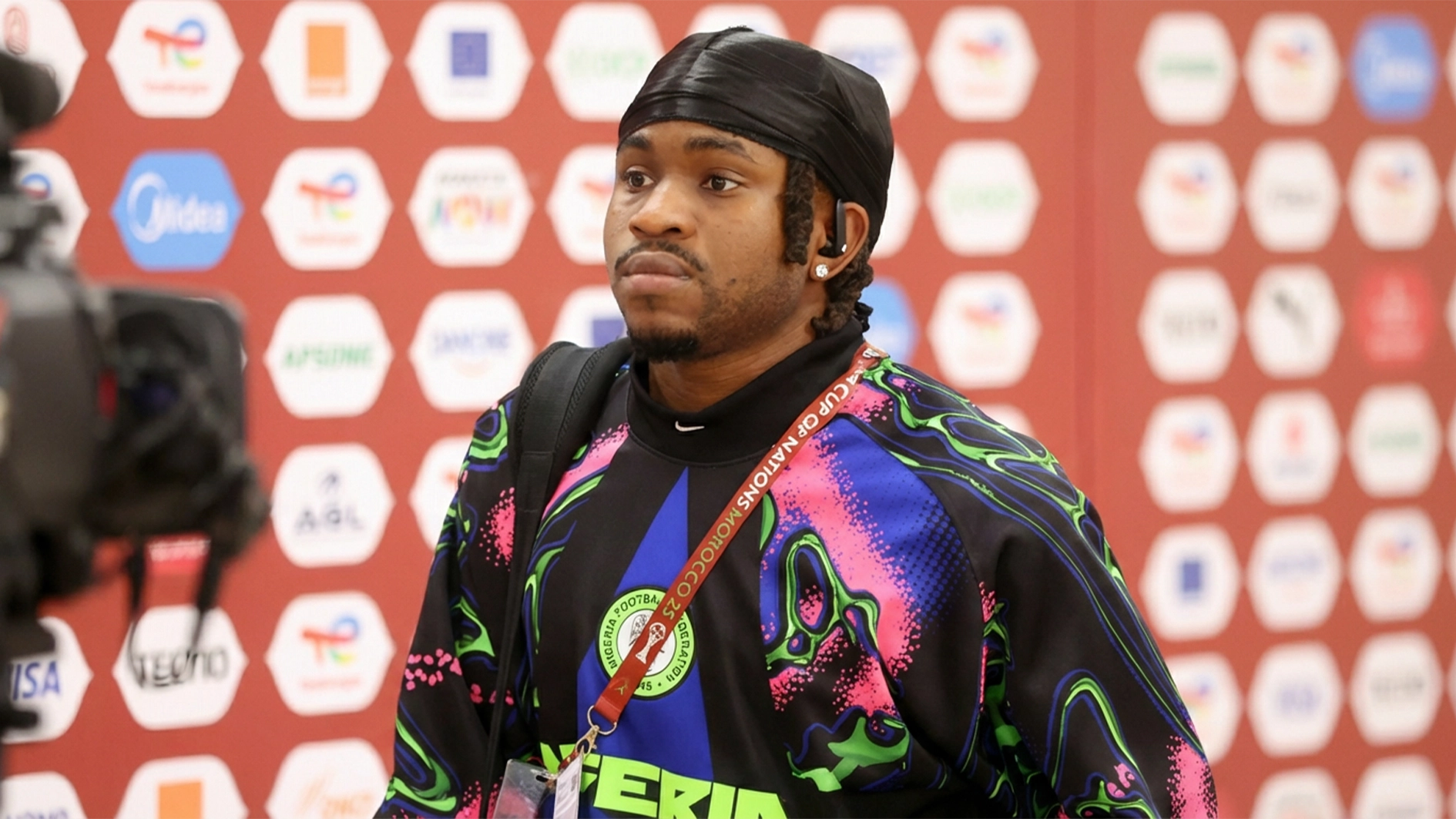Ready to accept Jackson’s loan deal
While Chelsea may have been able to get themselves under the threshold when it came to the Premier League’s profit and sustainability rules (PSR), the club did fall foul of UEFA’s own set of financial regulations, reports football.london.
The Blues, along with Aston Villa, were handed down significant financial penalties by European football’s governing body after having a squad cost ratio above the permitted 80 per cent for last year. Chelsea were fined £26.7m and could be hit by a £51m fine if they do not comply with the rules within four years, while for Villa it was a £9.5m fine and £12.9m conditional on compliance with the rules within the next three years.
But there was an additional caveat, one that meant that Chelsea would have to play trade effectively this summer to have a positive transfer balance by the end of the transfer window. With the summer transfer window closing on September 1, there may still be some work to do for Chelsea.
Having spent some £210m on acquiring the likes of Joao Pedro, Jamie Gittens, Liam Delap, Jorrel Hato and Estevao this summer, around £190m has been raised through player sales, although the club are actively seeking to move on more players before the deadline.
But the challenge is greater than it may seem, with UEFA insisting that the positive transfer balance on sales relates only to those players who were registered as part of the Chelsea squad that competed in the knockout stages of the Conference League last season. That means that the money raised from the sales of Djordje Petrovic, Joao Felix, Armando Broja and Lesley Ugochukwu, which raised more than £100m, may not be allowed to be included.
The money raised from the exits of Kiernan Dewsbury-Hall, Noni Madueke and Mathis Amougou would count, but even considering that there would likely be significant sums brought in before the window closes, strengthening the case for the sales of Nicolas Jackson and Christopher Nkunku in the coming days.
Chelsea are believed to be looking for upwards of £70m for Jackson, while a price tag of more than £50m has been slapped on Nkunku. While there have been reported links for both over moves away from Stamford Bridge, little has materialised.
Other players who could leave, such as the likes of Raheem Sterling and Ben Chilwell, also wouldn’t be counted towards the sales figures that UEFA imposed, although the Blues would likely challenge the stance, given that they will have engineered a summer where more money was made from player sales than was spent on acquiring new talent.
It puts Chelsea on a potential collision course with UEFA over this coming year’s foray into the Champions League, a competition where the club have returned after a three-year absence.
Chelsea may find that they face some restrictions in terms of who they can register when it comes to the 25-man squad, meaning that some new additions may have to sit out of the opening league phase of the competition if the conditions are not met.
The restrictions on player registrations will apply only to Chelsea’s ‘A List’ of 25 senior players, with those born after January 1, 2004, who have been with the club for at least two years, able to be registered on the ‘B List.’
Meanwhile, after being adamant that they want a permanent sale for the striker for most of the window, the Blues have now changed their minds as transfer deadline day looms on the horizon. Per Kieran Gill, the club are now prepared to accept a loan exit for the attacker instead of sticking to their guns on a full transfer.
The caveat is that they would currently require any loan to include an obligation to buy the attacker next summer. Meaning they’d guarantee some money coming in for next season already. Whether they stick to this or have to accept a loan with an option or less before the window closes remains to be seen.
The Senegal international has found it surprisingly difficult to get a move away, with the combination of PSR and the inflated striker market making any move for him a complex scenario. In a world where unproven names like Hugo Ekitike and Benjamin Sesko went for big fees, a player with two seasons of Premier League football to his name should command a high fee too.
The striker managed to net goal contributions consistently in the top division, making him a proven name in the current market of largely unproven goal scorers. This has caused some differences in valuation, which could ultimately see him go out on loan with an obligation instead of earning a permanent move this summer.






